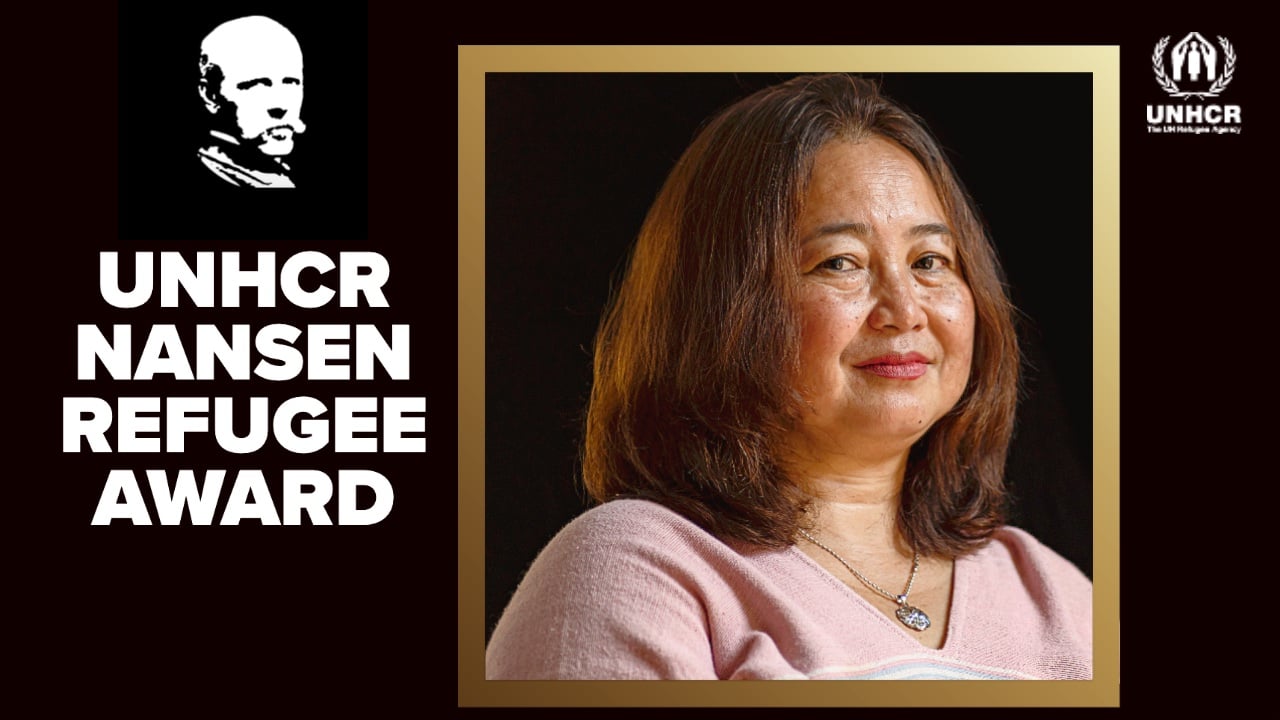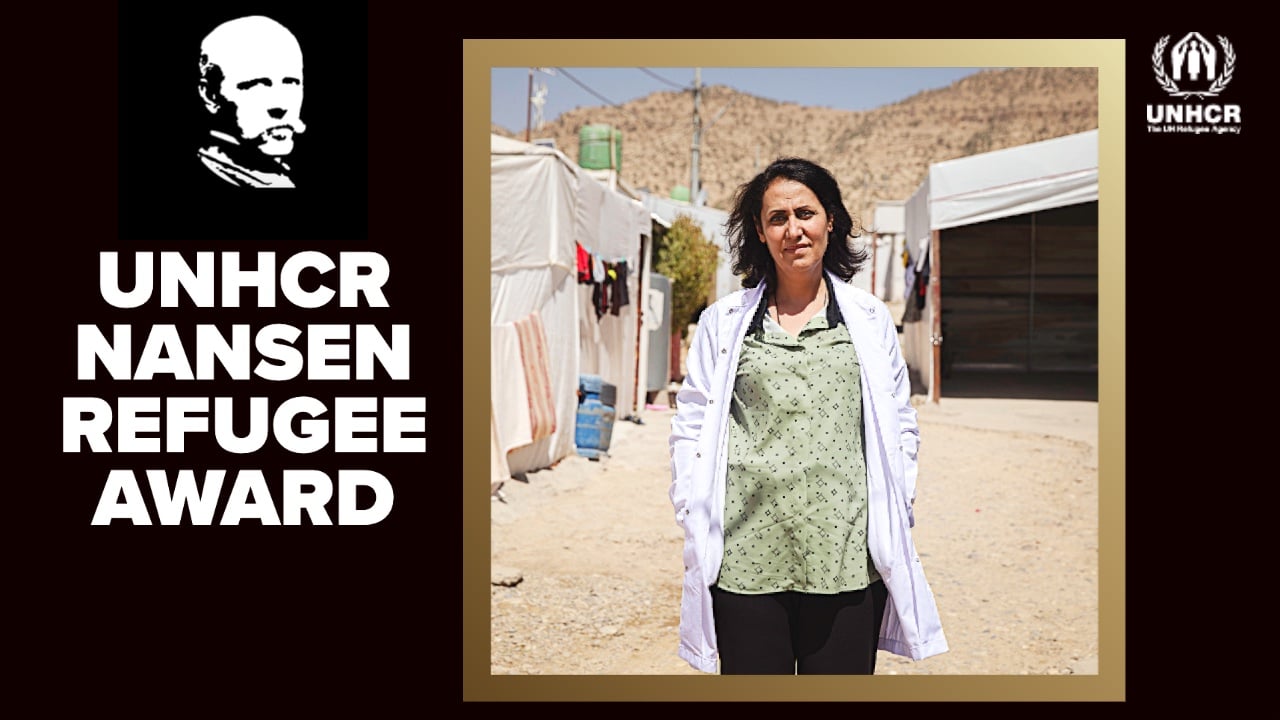Top UNHCR official reviews operations in Darfur; concerned about security
Top UNHCR official reviews operations in Darfur; concerned about security
EL GENEINA, Sudan, February 8 (UNHCR) - Assistant High Commissioner for Operations Judy Cheng-Hopkins has expressed concern about security for hundreds of thousands of internally displaced people (IDPs) and the humanitarian workers trying to help them in Sudan's troubled Darfur region.
The top UN refugee agency official is on a five-day tour of the Darfur region, reviewing UNHCR's operations to protect and assist Sudanese IDPs and Chadian refugees and considering further efforts to help the displaced. She leaves on Saturday.
Cheng-Hopkins was clearly disturbed by the conditions in which the displaced were living around this town in West Darfur and concerned about the security situation for IDPs in the camps she visited and for those who provide them with humanitarian assistance.
"The situation is increasingly grim. The camps are in very poor shape and no camp is without major problems. The needs of the people are endless," Cheng-Hopkins said. "And on top of this, humanitarian workers - Sudanese and international - walk a fine line every day to reach and assist the most vulnerable among the some two million IDPs scattered throughout Darfur," she added.
She said the most pressing issues to be resolved included physical insecurity of the IDPs, including sexual and gender-based violence, as well as general criminality within some of the camps. IDPs continued to be harassed and are the victims of attacks by armed militia.
While visiting the Abu Zar camp here, she learned that two UNHCR field staff members and other humanitarian workers had been victims of a carjacking on Wednesday in the Um Shalaya refugee camp, 70 kilometres south of El Geneina, which hosts some 3,500 Chadian refugees. Nobody was hurt in the incident.
At every stop of her trip through Darfur, Cheng-Hopkins has discussed the humanitarian and security situation with local authorities, African Union peace-keepers, and aid workers from the UN and NGOs. She has toured several IDP camps and visited four of the six UNHCR offices in South and West Darfur.
Her findings will help concretise UNHCR's continued role in the region. In January, the refugee agency launched a US$19.7 million supplementary appeal to fund its protection activities and relief assistance this year for West Darfur's IDPs and some 20,000 Chadian refugees.
UNHCR's main objectives include protection of IDPs and refugees, including assistance with the construction of water and sanitation facilities; rehabilitation of schools; training and livelihood programmes for approximately 80,000 women and distribution of shelter and non-food items for 50,000 households.
The refugee agency has some 100 national and international staff in Darfur to carry out its protection monitoring activities, but due to the poor security situation they can only reach slightly more than half of the 700,000 IDPs in West Darfur.
Up to 300,000 people have been killed and above 2 million displaced since the conflict in Darfur flared in 2003. Attacks on UN staff and aid workers rose last year with more than a dozen humanitarian workers killed, most of them Sudanese.
Despite these serious constraints, UNHCR remains committed to maintaining its presence in West Darfur and to providing protection and relief assistance to Darfur's internally displaced people and to Chadian refugees.









